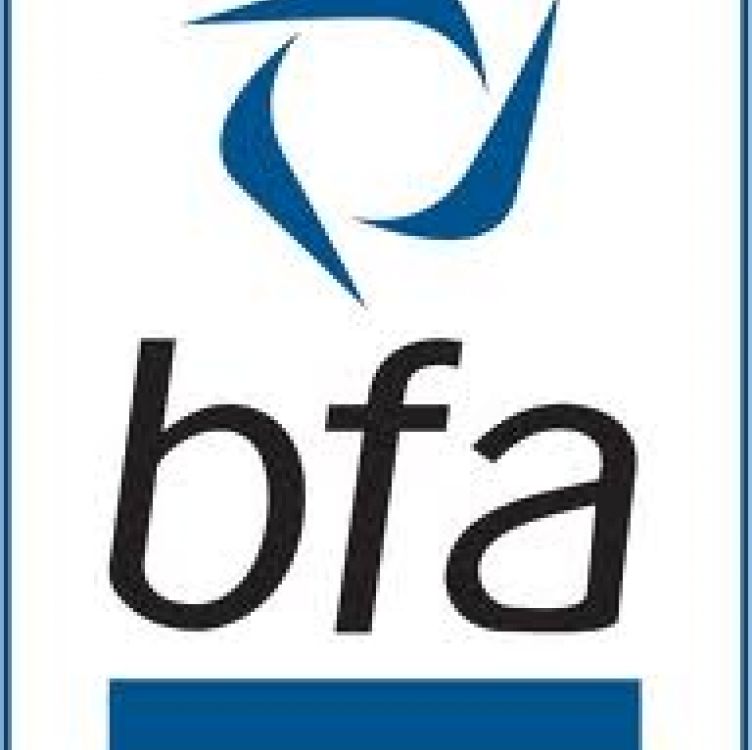Paul Stafford of the British Franchise Association
If you’ve narrowed down your choices when looking at investing in a franchise and you meet the criteria the franchisor is looking for, at some point you’ll be invited to head office to explore the next stages of the recruitment process and meet some of the franchisor’s senior team.
This is the point at which you can start to dig deep into the franchise opportunity on offer and whether it might be the right one for you. Don’t treat it as a formality to be undertaken, because it is far from that. This is where you start to get into the nuts and bolts of the company and, just as importantly, the people behind it.
DISCOVERY
It might be as part of a discovery day or meeting on an individual basis, but either way, by preparing for a visit to head office in advance you’ll be that much better off. Two things should remain foremost in your thoughts.
First, don’t underestimate the importance of face-to-face time with the people involved at head office. If you do go ahead and join the franchise, you’re going to have a lot of contact with the team during training and when growing your business. Ensure you can envisage having a strong working relationship with them.
Second, a good franchisor welcomes your questions. Finding the right franchisee is time consuming and comes at no little expense, so the more knowledge you have about the business and the more prepared you are before starting out as a franchisee, the better for both parties. The strength of a network depends on the quality of its franchisees.
This is your chance to find out about the history of the business, the people involved in it and the nature of the opportunity in front of you, including the costs involved initially and on an ongoing basis, the company ethos and the support on offer to franchisees. This is part of your due diligence process - no marketing prospectus, all straight from the horse’s mouth.
Ask if you can speak with existing franchisees of your choosing. If not, why not? Find out about the financial position of the business. Also, ask about franchisee turnover and profit projections, where they come from and whether they’re based on actual trading figures you can verify. In addition, delve into the daily operations for a franchisee and how information is reported back to the franchisor.
The more open your eyes are from the outset, the more successful a franchisee you’re likely to make. While you can’t expect business confidentiality to be ignored, and certainly not before the possible signing of a non-disclosure agreement as part of the process, you should expect honest and helpful answers to your enquiries.
DISCLOSURE
Open disclosure is practiced by ethical franchises. bfa member franchises (see www.thebfa.org for a full list) abide by the code of ethics for franchising and have passed strict accreditation before being invited to join the association. Full and accurate disclosure forms part of that code. If you feel a franchisor is hiding things, you should have serious reservations about working alongside them.
And remember, there are no stupid questions. If you don’t know, ask. You should never be made to feel afraid to ask a question, nor should you be rushing your decision when considering joining a franchise.
The value of the answers you receive will be a matter for your judgement and an important component in determining whether you should proceed further. Your number one job is to research the franchise opportunities in front of you and, alongside speaking to existing franchisees, your head office meetings are a vital component of your research. Use them wisely.




























